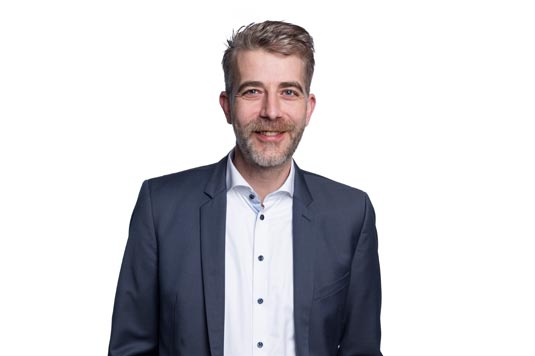
CSCP News | Posted March 14, 2025
Sustainable Public Procurement in Germany: A Turning Point?
The German Procurement Transformation Package (Vergabetransformationspaket) could be a key instrument in ensuring that procurement is placed as a strategic lever toward impactful climate action. The CO₂ Performance Ladder (CO₂PL) aligns with these efforts, offering a practical tool to accelerate decarbonisation and support sustainable transformation in procurement. In German policy discussions, public procurement is generally recognised as a key political instrument to advance the decarbonisation in Germany. The main approaches include: Modernisation of procurement law to simplify the integration of sustainable criteria and improve access for small and medium-sized enterprises (SMEs). Climate-friendly infrastructure investments, such as low-emission vehicles and energy-efficient […]








